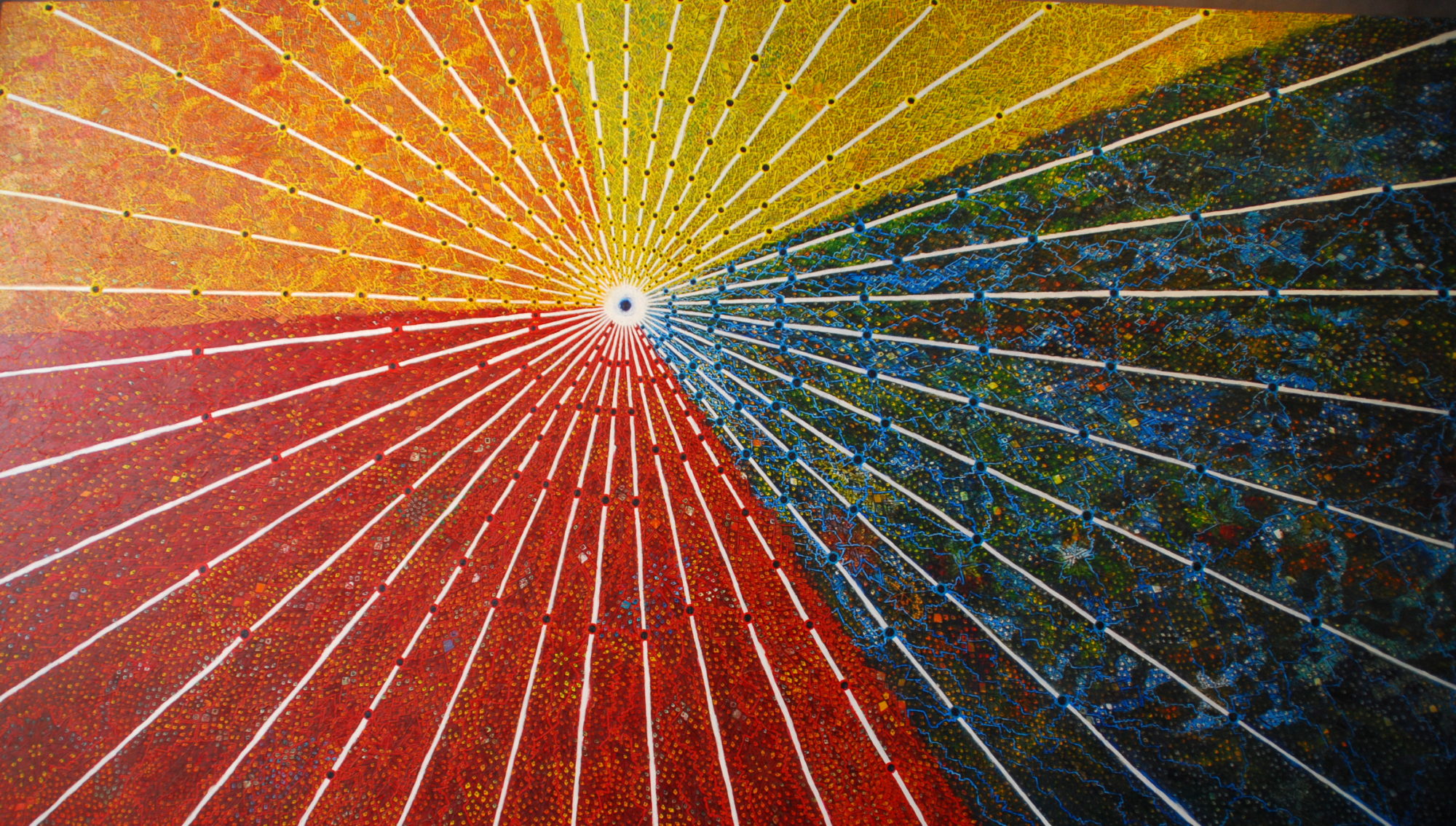Jeff and I aren’t really big shoppers, and we’re not much on souvenirs. Sorry friends, but it’s unlikely you’ll get anything from us when we return from a trip. It’s not that we don’t like you…it’s just that we don’t like you that much.
Kidding. Kidding. I just hate dusting. And I assume that most of you all do too, so what’s the point of me buying you something that you’re just going to have to dust. That’s hardly a gift I’d say. And it’s not like we’re usually out buying all kinds of stuff for ourselves either. I don’t like to shop, so doing it on vacation is not really my idea of a good time.
But don’t let me fool you into thinking that I’m immune to “Oh look how cute this is” or “Wouldn’t that look fantastic by our fireplace” (which, you have to remember, was completely make believe while we were traveling). But usually I resist. On an average trip, a short little 10 day trot around some foreign locale, the most I’m likely to come home with is an ornament.
Many, many moons ago, when I took my first trip abroad and probably didn’t even have my own bank account and thus not much money to shop with, I purchased a Waterford crystal shamrock Christmas ornament. (I was in Ireland in case you didn’t put two and two together). After that I decided to make it a habit, to purchase a Christmas ornament from each place I visited. Then, once a year, I’d get to pull each one out and reminisce about my travels. As far as souvenirs go, ornaments are about as good as you get I think. They’re small, they’re inexpensive, they’re fun, and they actually have a purpose. The only trick is that they’re not particularly easy to come by in countries that don’t celebrate Christmas or even in many countries that do celebrate Jesus’s birthday when it’s not the holiday season. But fortunately, there are lots of things that can serve as ornaments, and considering I like an eclectic tree and not a prim and proper everything matching tree, the more interesting the ornament the better.
On our trip around the world, we managed to snag an ornament in every country. In the process of unpacking and putting things away in our new house, I found them. Here you can see a few that will be gracing our Christmas tree next year (a beaded lion from South Africa [originally a magnet], a carved wooden gorilla from Uganda, a knitted penguin from Argentina [originally a finger puppet], a turtle carved from a tree nut from Ecuador [originally a key chain], and a carved blue-footed booby from the Galapagos).

Seeing that we were gone a year and we saw some pretty fabulous stuff, our shopping was not limited to ornaments. We did come how with a few (ahem) other items.
In Swaziland, we bought a too-cool-for-school carved wooden chair. It rode around in our car for six weeks, and then Jeff carried it in his backpack for another six. He’s a swell husband, I tell you. (Especially considering I wanted this, not him.)

In Malawi, we scored a pair of iron Masai men, who now stand guard next to our fireplace. (See, it wasn’t imaginary after all). I got to carry these in my backpack for a couple of weeks. (I may have also wanted these, so I guess that’s fair.)

In Peru, we picked up a ceramic ox of the type people put on their roofs for good luck and a papier-mache mask that now scares visitors to our bathroom.


In Ecuador, we added a crudely carved chess set to our collection. (In the past, I’ve bought chess sets in Greece, Egypt, Russia, and the Czech Republic, but I’ve given them all to my brother, a chess aficionado. That’s a good thing, because I don’t know where to even put one of these things, more less five.)

In Tanzania, we went wild with the paintings, buying three of the famous Tinga-Tinga style works as well as the long repeating image of Masai. Our collection of artwork also includes propaganda posters from Vietnam, flower art from Ecuador, feather art and elephant dung prints from Namibia, and a batik from Swaziland.

And from all over the world we picked up fabrics. Kangas in Africa, krama scarves in Cambodia, batik sarongs in Malaysia, silks in India, woven table runners in Ecuador…


Add to that a few vases, a few more masks, a collection of woven bowls, a finely carved cheetah (yeah, that one’s interesting), and other odds and ends, and we’ve got quite a collection of souvenirs. With all of it laid out in the extra bedroom that we don’t yet know what we’re doing with, it looked a bit like we were getting ready to open a tsotchke shop. I was considering taking orders. But now that it’s slowly dispersing through the house…finding a home on a mantle, a bookshelf, or the wall, it’s looking pretty good. While some people might go formal with their living rooms, we’ve gone African. It might not be everyone’s style, but we like it. And on dreary days of same ol’ same ol’, all it takes is one look at the Tinga Tinga on the wall or the Indian bedspread on the bed and you’re instantly transported elsewhere, sometimes just for a minute, but always long enough to remember just what a fantastically interesting world we live in.
What about you? What’s your favorite souvenir?





You must be logged in to post a comment.